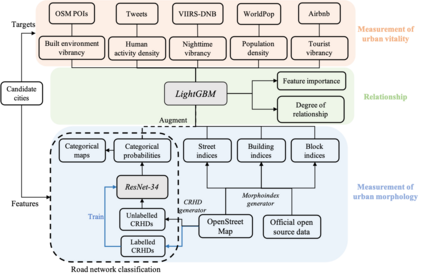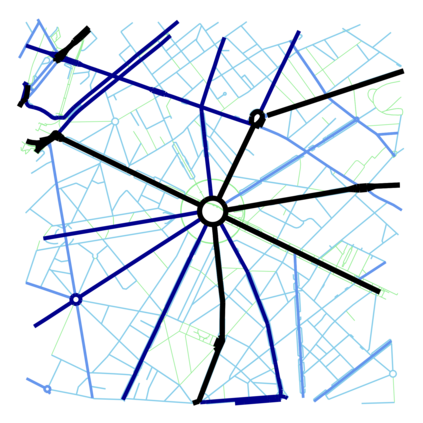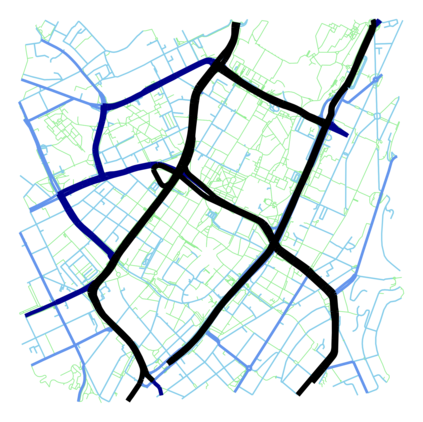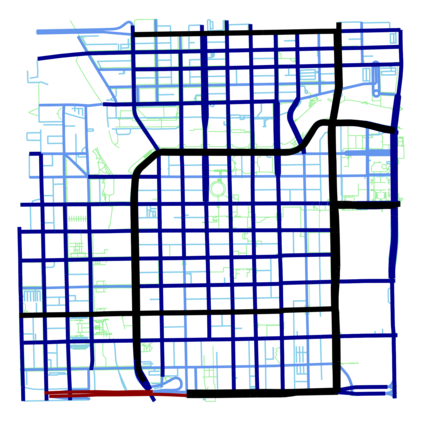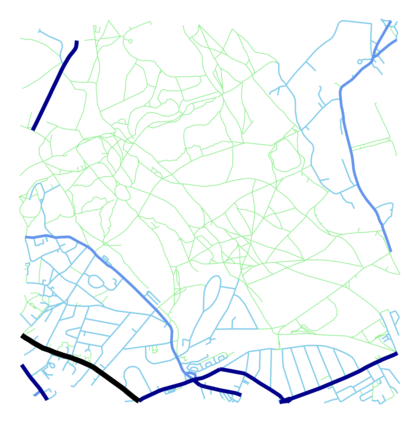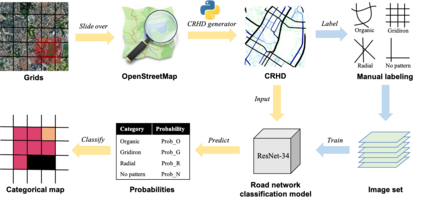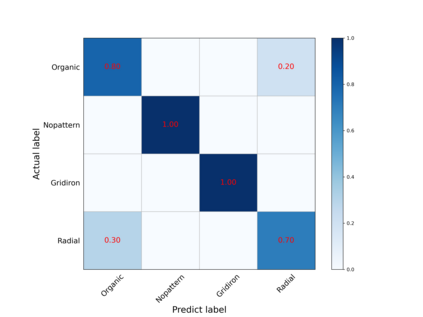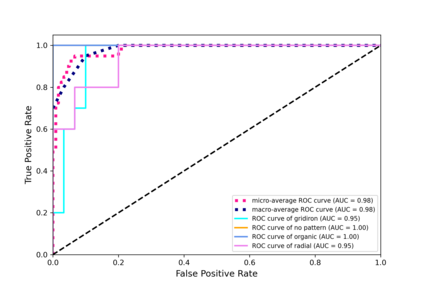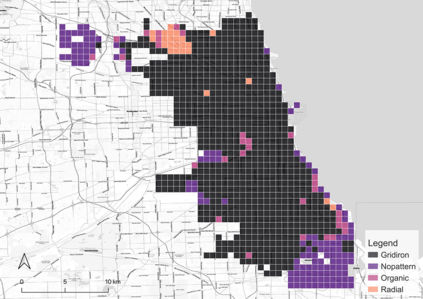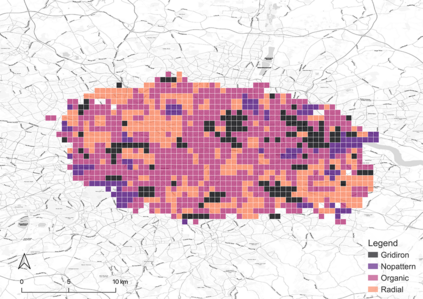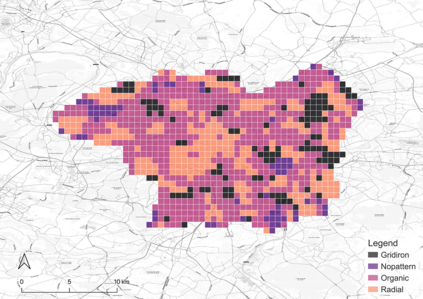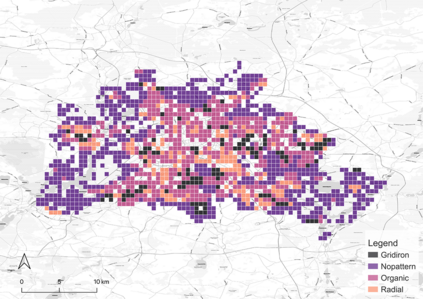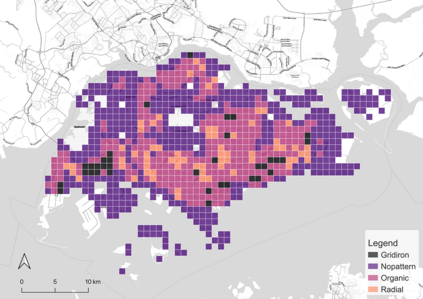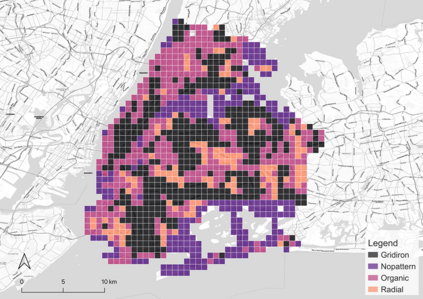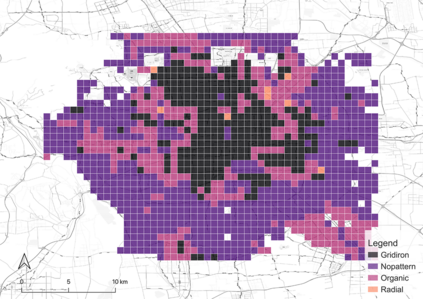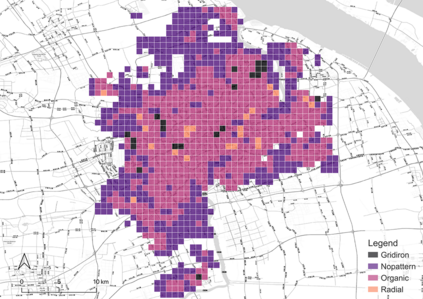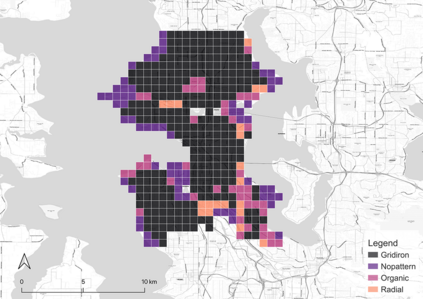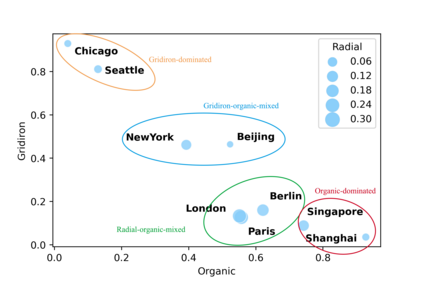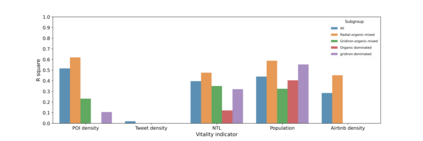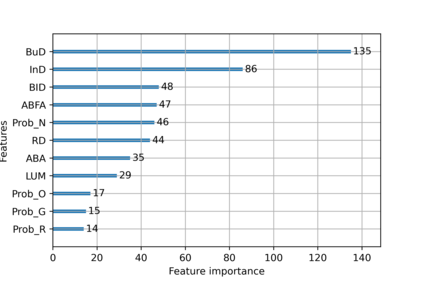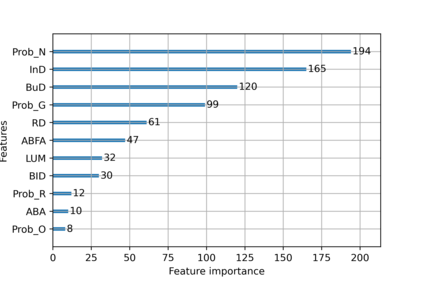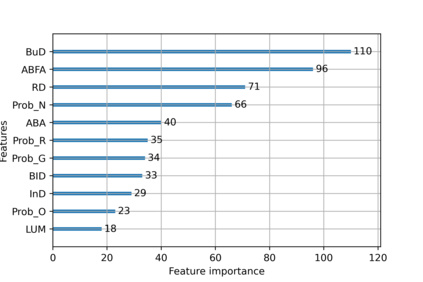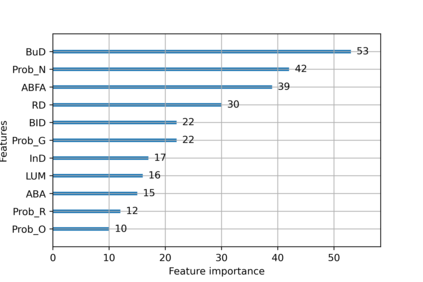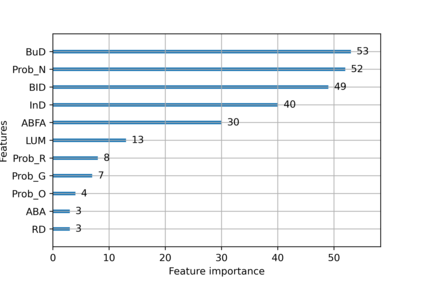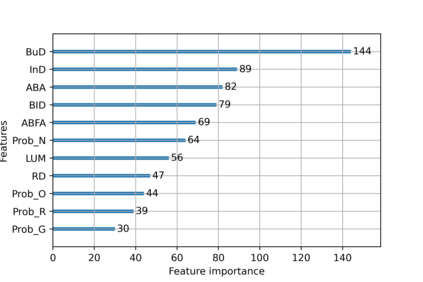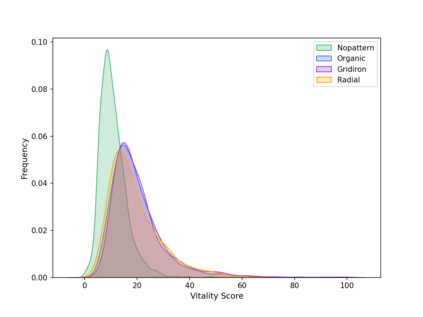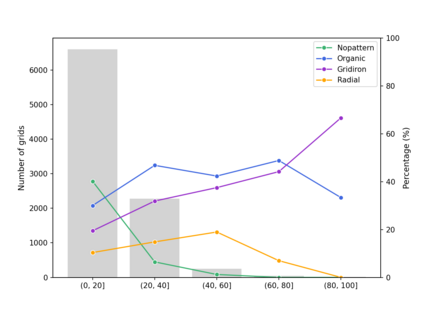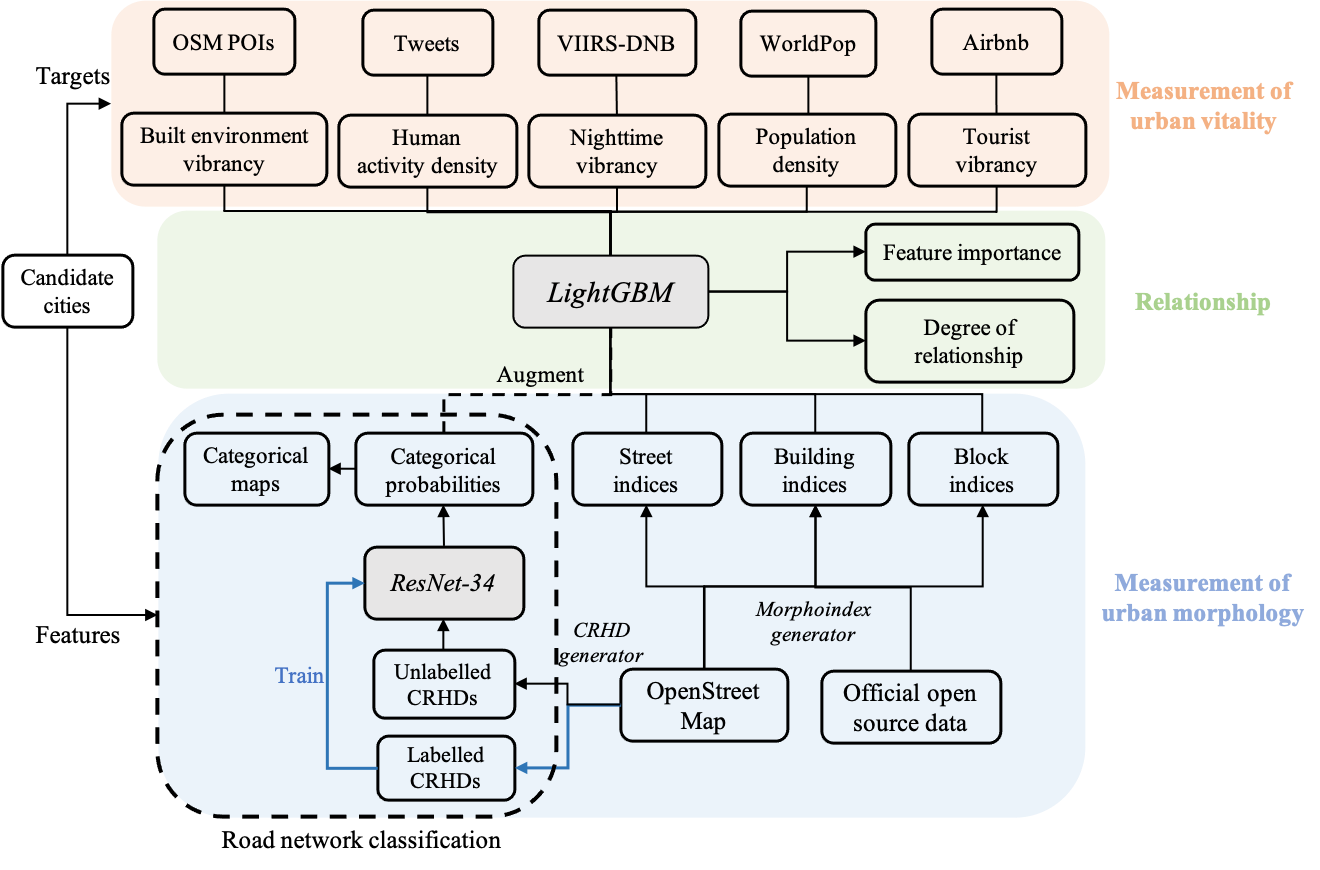There is a prevailing trend to study urban morphology quantitatively thanks to the growing accessibility to various forms of spatial big data, increasing computing power, and use cases benefiting from such information. The methods developed up to now measure urban morphology with numerical indices describing density, proportion, and mixture, but they do not directly represent morphological features from the human's visual and intuitive perspective. We take the first step to bridge the gap by proposing a deep learning-based technique to automatically classify road networks into four classes on a visual basis. The method is implemented by generating an image of the street network (Colored Road Hierarchy Diagram), which we introduce in this paper, and classifying it using a deep convolutional neural network (ResNet-34). The model achieves an overall classification accuracy of 0.875. Nine cities around the world are selected as the study areas with their road networks acquired from OpenStreetMap. Latent subgroups among the cities are uncovered through clustering on the percentage of each road network category. In the subsequent part of the paper, we focus on the usability of such classification: we apply our method in a case study of urban vitality prediction. An advanced tree-based regression model (LightGBM) is for the first time designated to establish the relationship between morphological indices and vitality indicators. The effect of road network classification is found to be small but positively associated with urban vitality. This work expands the toolkit of quantitative urban morphology study with new techniques, supporting further studies in the future.
翻译:由于人们越来越容易获得各种形式的空间大数据、增加计算能力以及使用从这些信息中受益的案例,目前普遍的趋势是从数量上研究城市形态,因为人们越来越容易获得各种形式的空间大数据,从而增加了计算能力,并使用从这些信息中受益的案例。迄今为止制定的方法用数字指数测量城市形态,描述密度、比例和混合物,但从人类的视觉和直观角度来看,这些方法并不直接代表形态特征。我们迈出第一步,提出一种深层次的基于学习的技术,将公路网络自动分为四个类别,从而缩小差距。采用这种方法的方式是制作一条街道网络图像(Colored Road Hierarchy Diagram),我们在本文中介绍这种图像,并利用一个深层革命神经网络(Res-Net-34)对城市形态进行分类。该模型取得了0.875的总体分类准确性,但从人类的视觉和直观角度来看,选择了世界9个城市城市的形态特征,因为其道路网络从OpreetMetMetMet中获取了研究领域。通过对每一道路网络类别的百分比进行分组调查,从而发现各城市之间的最后的定量分组。在文件的后面部分,我们着重关注了这种模型的可使用这种分类方法,我们用这种分类方法支持了这种方法,在城市生命力研究中,在城市生命力关系中采用了城市结构模型,在城市结构模型的模型的模型的模型的模型中采用了是用来在城市形态上对城市形态上建立。

